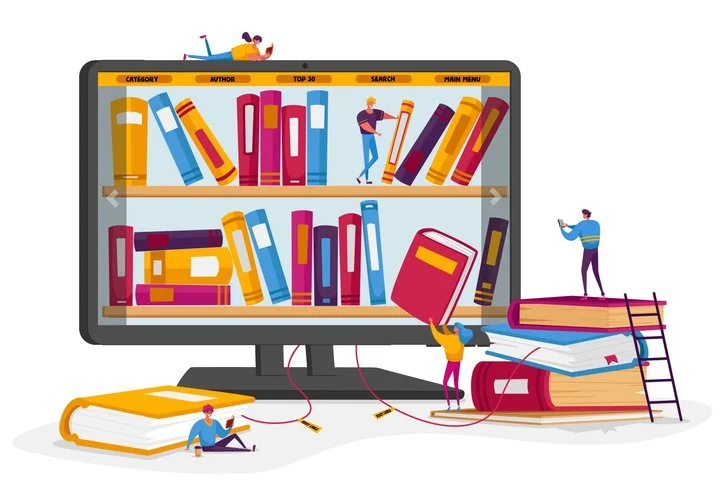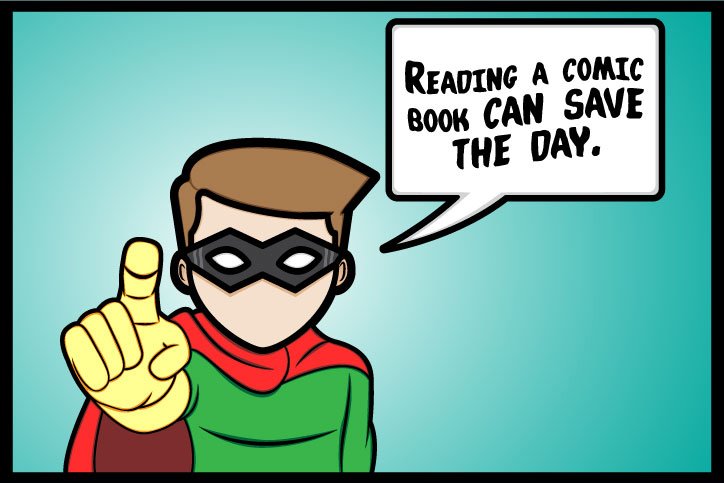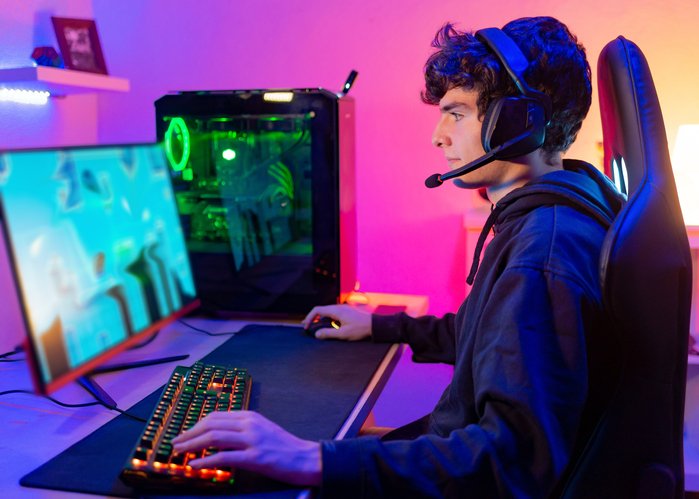We are in a process of transformation of teaching and learning in which universities have to look for original approaches to transmit knowledge. In this new paradigm, the role of the university is to be an instrument for learning throughout life, promoting continuous training and the development of new skills.
Photo: BigStock
The enormous challenge we face as educators is to prepare our students for an unknown, uncertain and complex world. This means we need to work on a new educational paradigm, in which people are capable of recognizing that current issues require an interdisciplinary approach that favors a profound understanding and the proposal of innovative solutions.
This new paradigm highlights the need for critical thinking. This implies the development of an educational strategy in which students know how to:
- Find information
- Confirm whether the information is true or false
- Assess the relevance of the information
- Understand the context of the information
- Contrast or combine different sources of information
- Determine whether the information is based on recent research
In short, students need the capacity to investigate relevant, accurate and valid information in diverse contexts. This implies character formation in which the individual is committed to the pursuit of truth, has an open mind and displays intellectual humility.
data-animation-override>
“The development of critical thinking competence involves a character formation in which one is committed to the search for truth, has an open mind and demonstrates intellectual humility.”
Apart from critical thinking, the following generic competencies are also relevant:
- Communication. Be able to participate in a conversation that offers new perspectives. Be receptive to viewing the world through other people’s eyes.
- Teamwork. Learn to interact with others and know how to complement skills. Students must know the distinguishing features of a good team and understand that collaboration leads to better results. Learn that the leadership of the 21st century is distributed leadership.
- Problem-solving. Use an interdisciplinary approach that favors the in-depth understanding of issues.
- Creative thinking. Have the capacity to relate, associate and create meanings, and, above all, generate ideas that can be implemented.
The following factors are key to this transformation process:
- Comprehension. Know how the world works. Our students should have an exhaustive knowledge of the existing context and connections.
- Ethics. Ask yourself what your responsibilities are.
- Imagination. Identify the countless opportunities offered by the context.
- Action. Recognize which actions need to be executed.
But how do these key factors interact? For example, we can ask our students to explore how diseases are spread. This analysis will help them to understand the phenomenon of epidemics. Ethical reasoning can subsequently be integrated, asking whether immunizations should be compulsory. Students could then envision new strategies to prevent epidemics and identify the necessary actions.
Role of universities in the future
In this new paradigm, the role of universities is to be an instrument for lifelong learning, in other words, to promote ongoing training and the acquisition of new competencies. This implies a change from subject-centered to person-centered learning. We also need to admit that it is easier to communicate to students what we know than to face up to the challenge of fostering their reasoning skills. Universities should start right now to find original approaches for transmitting knowledge.
data-animation-override>
“As teachers, we have to recognize that it is easier to tell students what we know, than to face the challenge of promoting reasoning in them. This is why we have to look for original approaches to transmit knowledge.”
As teachers, we could begin to be more original in the classroom, inviting students to collaborate in the construction of class materials, connecting our topics with content from other courses and making the learning objectives explicit. In the medium term, what would I like them to remember, knowing that students learn by doing?
We are not in a process of transition in education, but rather in a process of profound transformation in teaching and learning. This is a shift in the educational paradigm, with a commitment to person-focused learning.
The new educational model implies learning by doing, playing, using and interacting with the world. Reading the present and preparing for the future.
About the author
Miriam Molinar (mmolinar@itesm.mx) is a professor in the Department of Humanistic Studies. Professional ethics is her field of specialization as an educator and a subject on which she has published a case-study book. She coauthored the book “Leadership in Teaching” and is currently collaborating on an innovation project to teach ethics with an interdisciplinary approach.
This article from Observatory of the Institute for the Future of Education may be shared under the terms of the license CC BY-NC-SA 4.0 
)
)











)
Kathia Rebeca Arreola Rodríguez
Kathia Rebeca Arreola Rodríguez
Kathia Rebeca Arreola Rodríguez